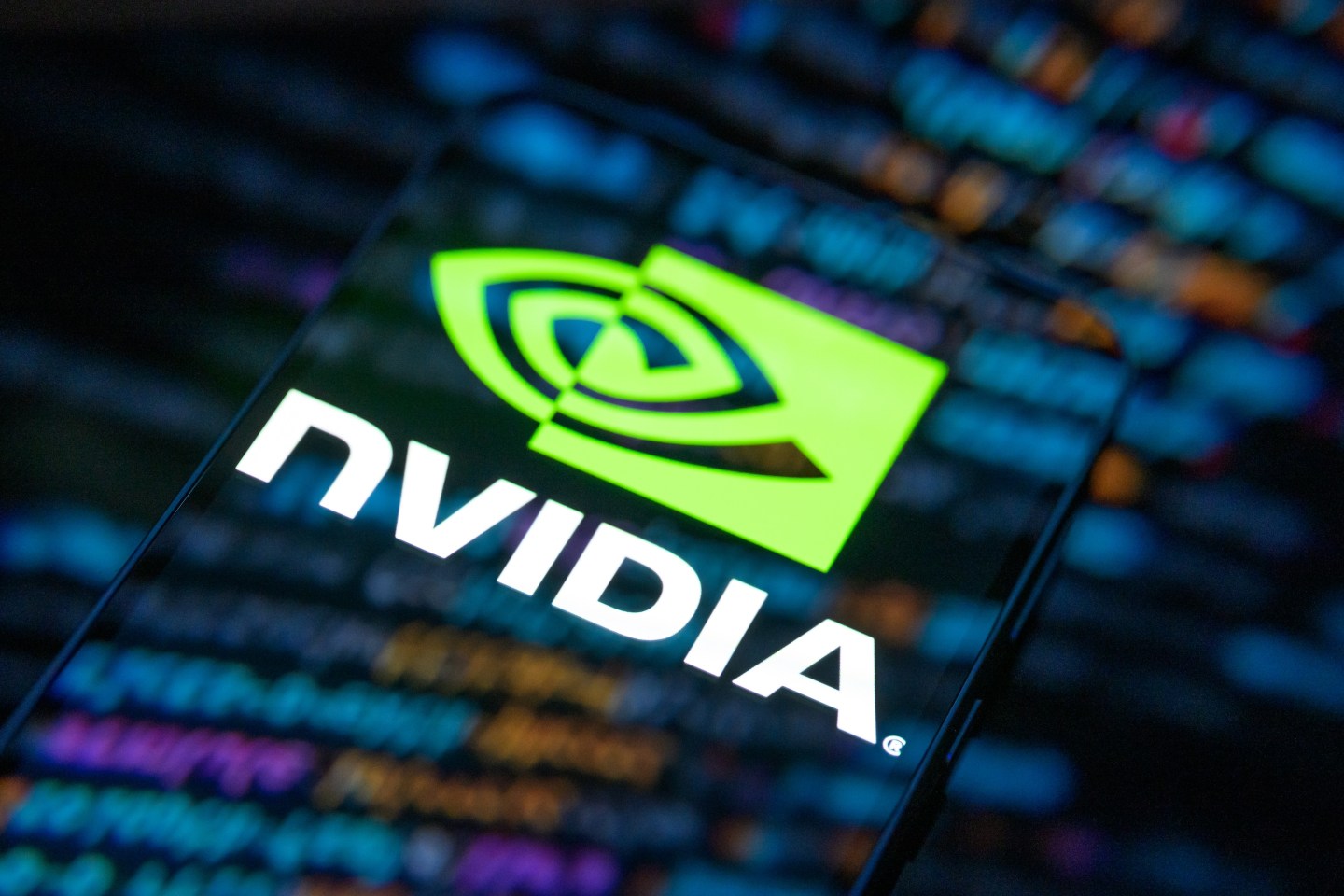This is the web version of CEO Daily. To get it delivered to your inbox, sign up here.
Good morning.
For the past month, my email inbox has flooded with press releases from companies touting the good works they are doing during the coronavirus crisis. In some cases, their actions seem like random acts of charity. In others, they loom large—like Jack Dorsey’s decision to dedicate $1 billion worth of Square stock for coronavirus relief. A number of companies are taking substantial actions to reward frontline workers—like Albertsons granting a $2 an hour pay increase on top of overtime, or Target investing more than $300 million in added wages, paid leave, and back-up childcare.
Companies also tout the good work they are doing to directly address the crisis. Virtually every drug and biotech company, it seems, is collaborating on at least one potential therapy or vaccine. Google and Apple are partnering on a “contact tracing” app that will notify people if they have come into contact with someone infected. IBM’s Weather Company app is providing local updates on the progress of the virus. Allstate is offering free coverage to people who use their vehicles to deliver medicine and food. Paypal has received approval to distribute SBA loans. CVS has waived copays for testing. Ford and GM are making ventilators. The list goes on.
The big question is: Is this just a temporary response to the crisis, or part of a fundamental rethinking of the company’s role in society? Is it a brief grab for feel-good PR, or a reflection of larger corporate purpose?
To be sure, the quest for corporate purpose, much talked about before the crisis hit, has been dramatically affected in the past month. For many, like those in the health care business, events have made their purpose inescapably clear: save lives. For others, the economy’s collapse has made an alternative purpose equally vivid: financial survival.
Regular readers of this newsletter know that I believe fundamental changes in the way large companies operate, as well as changes in the broader political environment, ensure purpose beyond profits will remain front and center for the best companies in the years ahead. But the cross currents in the crisis are undeniable, and how they sort out is worth watching. For now, Fortune has decided to simply track the corporate actions as they are announced. You can find our list of actions announced by companies on the Fortune 500 list here, and by companies on the Fortune Global 500 list here.
More news below.
Alan Murray
@alansmurray
alan.murray@fortune.com
TOP NEWS
Oil deal
The devastating price war between Saudi Arabia and Russia is over after top producers agreed to slash global petroleum output by one-tenth. Oil prices edged higher after news of the deal. Bloomberg
China's new cases
China's 108 new coronavirus cases on Monday were near a six-week high, but nearly all of them were imported from abroad. Chinese nationals who entered Heilongjiang province from Russia accounted for 49 of them. Chinese cities near Russia are tightening border controls as Russia emerges as a potential new virus hotspot. Reuters
Coronavirus drug
Gilead's much-watched antiviral drug remdesivir showed promising results in a small study of COVID-19 patients, with 84% of recipients seeing their condition improve within one month of treatment, according to research published Friday. Results from more rigorous clinical trials are needed to determine the treatment's efficacy, but the early study's results are encouraging. Wall Street Journal
Bob's back
Former Disney CEO Bob Iger officially stepped down as chief executive right as the coronavirus hit, but the crisis has prompted him to linger a while longer. Iger has effectively returned to running Disney, envisioning it as a changed company post-coronavirus, with (reportedly) fewer employees, less office space, and more thermometers. New York Times
AROUND THE WATER COOLER
A shot at redemption
China is in on the global race to develop a coronavirus vaccine. Yet its vaccine industry faces a unique set of obstacles to overcome on the path to a cure since recent scandals have diminished consumers' confidence in its products. Fortune
Out of luck?
China's Luckin Coffee chain has imploded since an internal investigation revealed that hundreds of millions of dollars of its sales last year were "fabricated." New York-traded shares of the coffee chain—often touted as a Starbucks rival—have plummeted more than 80% since the disclosure. The saga has put front and center the accounting risks faced by investors in U.S.-listed Chinese firms, and given more ammunition to China hawks in D.C. Financial Times
Lonely on Wall Street
Wall Street's biggest institutions have sent most of their employees (including several CEOs) home amid the pandemic, but a few bank CEOs—Goldman Sachs' David Solomon and Bank of America's Brian Moynihan—are still going into the office every day. Fortune's Jen Wieczner looks at how they're working amid social-distancing orders. Fortune
San Francisco's flat curve
Even before San Francisco confirmed its first case of coronavirus, London Breed, the city’s 45-year-old first-term mayor, declared a state of emergency. Her prescient move is credited with making San Francisco and the wider Bay Area a national model for how early and aggressive action can keep a spike in cases from overwhelming hospitals. Her approach in San Francisco stands in stark contrast to New York, where leaders were slower to respond. The Atlantic
This edition of CEO Daily was edited by Claire Zillman.













